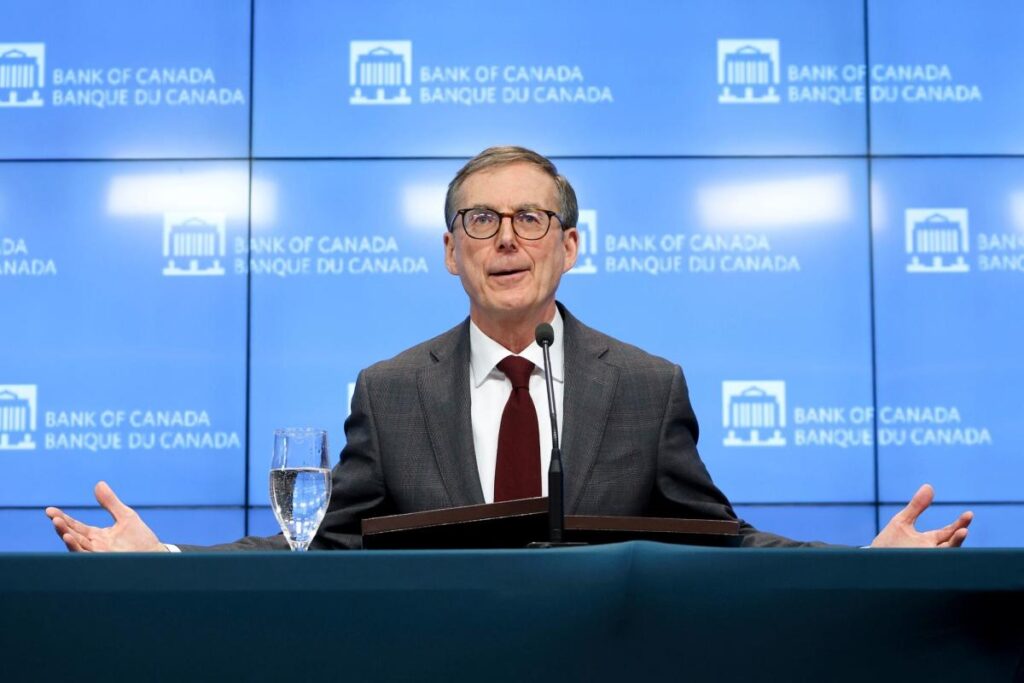(Bloomberg) — Canadian inflation fell below the central bank’s target for the second time in three months, vindication for policymakers who have cut interest rates aggressively in the second half of this year.
Most Read from Bloomberg
The consumer price index rose 1.9% on a yearly basis in November, down from a 2% increase a month earlier, Statistics Canada said Tuesday. That’s slower than the median economist estimate of 2% in a Bloomberg survey.
On a monthly basis, the index was unchanged, following a 0.4% jump in October and versus expectations for a 0.1% gain.
November’s inflation print will likely give Bank of Canada officials more confidence that their rapid rate cuts to fuel the economy didn’t derail their efforts to keep price gains at the 2% target. They’re seeking to strengthen economic growth, which has been weaker than forecast, and brace for US President-elect Donald Trump’s potential tariffs on imports from Canada.
The inflation report landed a day after the Canadian finance minister abruptly resigned, accusing Prime Minister Justin Trudeau’s government of fiscal imprudence. The loonie largely held its losses after the data release, trading at C$1.4277 per US dollar as of 8:47 a.m. in Ottawa. Canadian government two-year bond yields rose about three basis points to 3.043%.
Last week, Governor Tiff Macklem and his officials reduced the policy rate by half a percentage point for the second time, making the Bank of Canada one of the most forceful rate-cutters among advanced economies. With the 175 basis-point cut over roughly six months, they have effectively brought rates to a level they believe is no longer clearly restrictive for growth.
But they also signaled they’re ready to slow down their campaign to lower borrowing costs. A setback in underlying price pressures supports a return to more gradual pace of easing next year.
The bank’s two preferred core inflation measures held steady, averaging a 2.65% yearly pace as the October rates were revised upward. But the three-month moving average of these two gauges rose to an annualized pace of 3.3%, from 2.9% previously, according to Bloomberg calculations.
The next rate decision is Jan. 29, when the central bank will also update its economic forecasts.
“It will remain difficult for policymakers to determine the underlying trend in inflation over the next few months, with December figures weakened by the mid-month start of a GST holiday on certain goods and services,” Andrew Grantham, economist at Canadian Imperial Bank of Commerce, said in a report to investors, referring to Trudeau’s tax break on items such as toys and Christmas trees.


